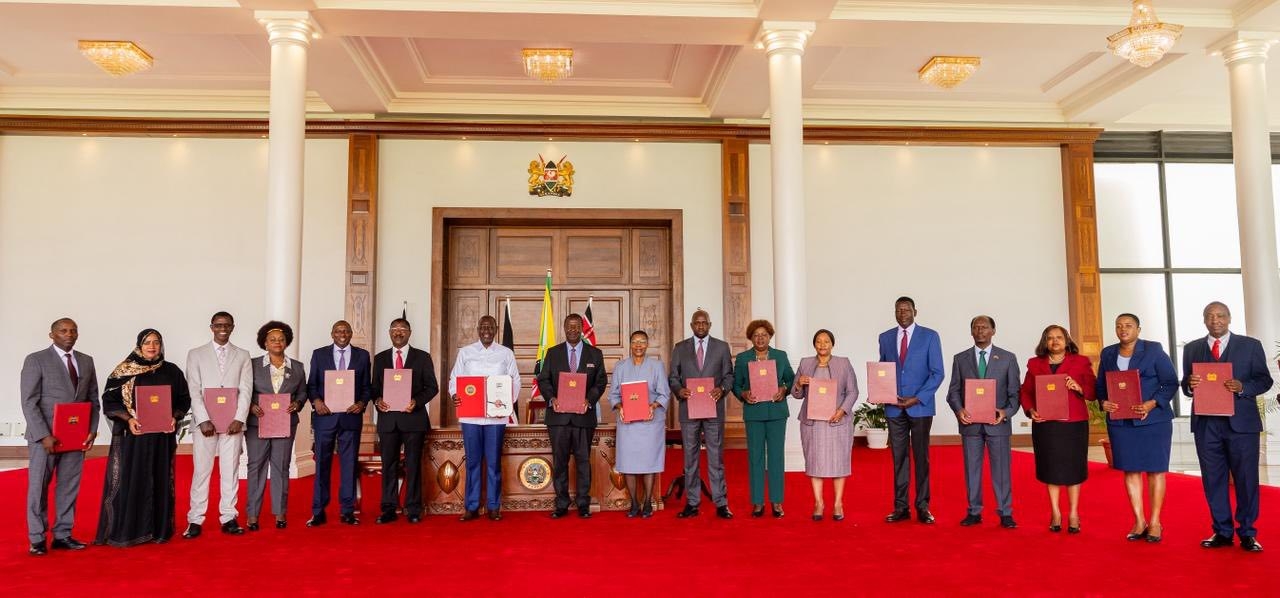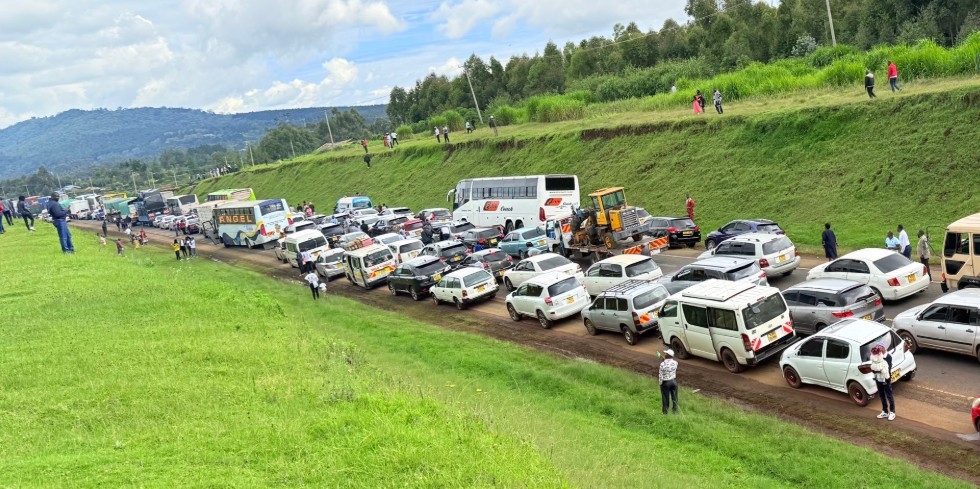Outpatient services in health facilities are still struggling due to a failure to resolve the clinical officers strike, now in its third month.
The clinicians diagnose and treat most outpatient patients in health facilities.
These services are now being handled by weary nurses, who are not authorised to diagnose, and a few doctors.
The clinicians went on strike on April 1, but complain the government has been reluctant to end their strike.
Kenya Union of Clinical Officers secretary general George Gibore said they gave the government 10 demands in March, weeks before their strike began, but only one item has been resolved.
There are about 6,200 clinical officers in public health facilities and most of them have been on strike since April 1.
“The only issue that has been addressed is on the career progression guidelines, that inform the entry point of any clinical officer, the exit point and their growth pathway,” Gibore told the Star.
Health CS Susan Nakhumicha did not respond to inquiries on the strike.
The main demand is the adoption of their Collective Bargaining Agreement. The labour court in 2019 ordered the government and the Kenya Union of Clinical Officers to conclude the CBA negotiations.
In July 2023, the clinicians and Ministry of Health signed a return-to-work agreement committing to conclude a CBA within 90 days.
“The government has blatantly ignored this commitment,” Gibore said.
The government and the union had also agreed on a Sh15,000 per month risk allowance, which has never been implemented. The risk allowance will cost the government Sh900 million in one year, according to calculations by the union.
The union has also demanded that counties and the national government hire more than 20,000 clinical officers who are not in public service.
In total, Kenya has about 29,000 COs, with 6,200 already in public service.
They also demanded the promotion and redesignation of all deserving Clinical Officers and the immediate confirmation to permanent and pensionable positions for all UHC staff, Covid-19 employees, UHC interns, National TB Programme Clinical Officers and other Clinical Officers on contracts.
They also asked for comprehensive medical insurance given to doctors since they work in the same environment and suffer similar risks.
Other demands centred on the settlement of unpaid salaries and recall of COs previously dismissed.
The secretary general says they have had several meetings with the Ministry of Health on these issues.
He says everything they are asking for is implementable. The strike is also protected by the courts which ordered the government not to issue any disciplinary procedures against them and to continue paying their salaries.
“We have had three meetings with the Council of Governments. There are a number of things that we have been able to agree on but there are others that are still pending. And we believe that with one or two meetings, we can be able to finalise to have a return to work,” he says.
“If the employer can get serious, then within one week, we can be able to finalise on this.”
Clinical medicine in Kenya is offered at the diploma level by the Kenya Medical Training College and at the degree level in more than 10 universities.
The diploma programme started at the Kenyatta National Hospital in 1928 and was discontinued in 1952.
The training restarted in 1967 because of a shortage of doctors and has expanded to date.
The training covers medicine, surgery, paediatrics, obstetrics and gynaecology, community health, rural health and health service management, among others.
It is recognised in law and there is a Clinical Officers Council that is charged with training registration and licensing COs. Clinicians fall somewhere between nurses and doctors in the clinical hierarchy and are allowed to perform some invasive procedures.












